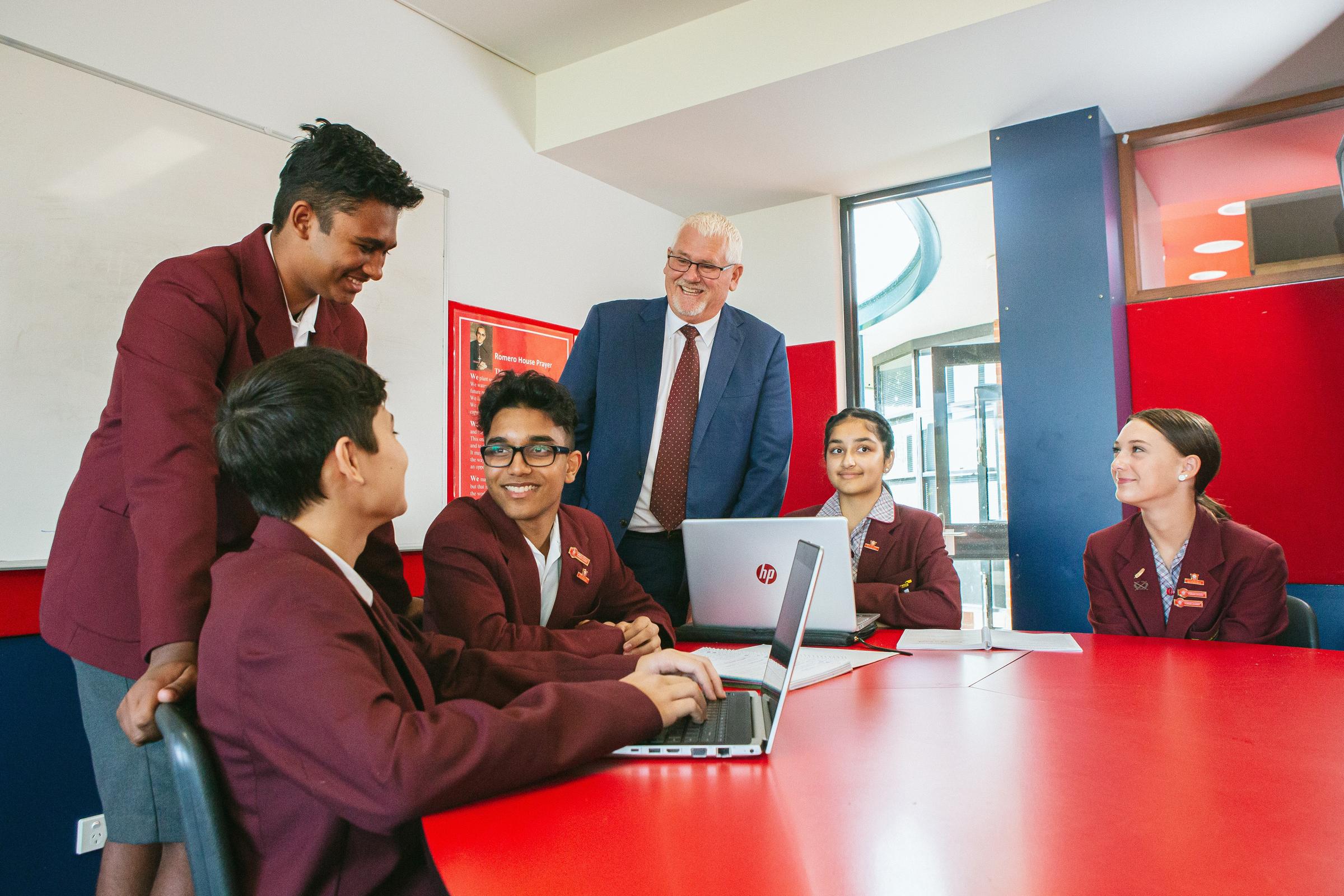Learning & Teaching News

Summative Assessment, Communication & Student Learning Conferences
As we dive into the middle of the semester, it's crucial to keep ourselves informed and equipped with the tools necessary to perform to our best academically. Here we will discuss the significance of summative assessments, effective study habits, communicating with teachers, and the importance of Student Learning Conferences
Summative Assessments: What They Mean
Summative assessments are an essential part of our academic journey. They evaluate student learning at the end of a unit by comparing it against the Victorian Essential Learning Standards (VELS). These assessments provide valuable insights into what students can do, say, make and write and where they may need additional support. Whether it's a project or a presentation, summative assessments help students gauge their understanding of the material and guide our teachers throughout the teaching and learning process. Remember, they're not just about grades; they're about understanding and growth. Summative assessments will be available to parents and guardians at the end of the semester, however, you will be able to see some assessments after May 24th on the SPACE class pages.
Study Habits to Achieve Goals
Success in academics often hinges on the habits we cultivate. Establishing effective study habits is key to achieving our goals. Here are some tips to help you maximise your study sessions:
● Create a designated study space free from distractions.
● Break down your study material into manageable chunks.
● Use active learning techniques like summarising, teaching, and self-testing.
● Maintain a balanced schedule that includes regular breaks and sufficient rest.
● Stay organised by using planners or digital tools to track assignments and deadlines.
By adopting these habits, you'll not only enhance your learning experience but also alleviate stress by feeling organised.
Communicating with Teachers
Effective communication with teachers is vital for a fruitful learning experience. Whether students or parents have questions about the material, need clarification on an assignment, or require extra support, don't hesitate to reach out to your teachers. They're here to help you succeed and are more than willing to provide guidance and assistance. Remember to be respectful, proactive, and specific in your communication to ensure that your needs are addressed effectively. The best way to contact subject teachers is through email where a meeting or phone call be then organised.
Student Learning Conferences
Student Learning Conferences serve as a valuable opportunity for reflection and collaboration. These conferences allow students, teachers, and parents to come together to discuss academic progress, goals, and areas for improvement. It's a chance to celebrate achievements, identify challenges, and develop strategies for growth. Many families took advantage of our Student Learning Conferences last week by meeting with teachers via Zoom and face to face conferences. Some parents reported difficulty in making SLC bookings. In reviewing these various problems we will be providing clearer instructions on how to book either Zoom or face-to-face meetings next term.
Students will also be given more time to practice how to use Zoom during SLCs before our next session. We hope this will solve any issues parents and guardians may have had this term.
As we navigate through the remainder of the semester, we encourage students to continue to do the best they can do toward their academic growth and success while engaging in doing justice, loving kindness, and walking humbly.
Pam Fox
Assessment, Reporting & Data Leader
